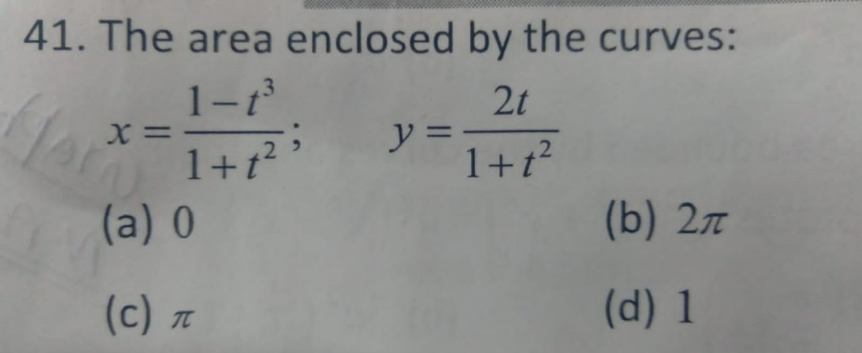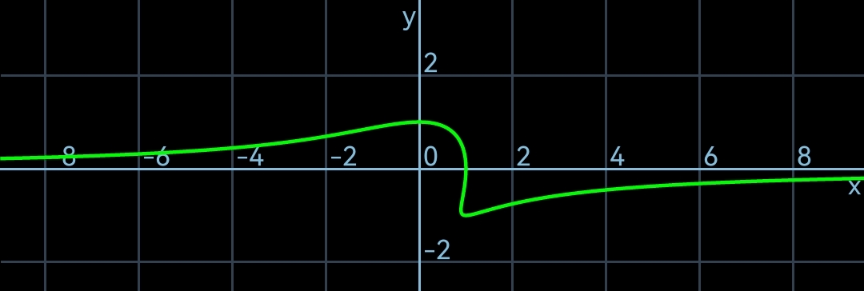
Question and Answers Forum
Question Number 182494 by universe last updated on 10/Dec/22

Commented by cortano1 last updated on 11/Dec/22

Commented by mr W last updated on 11/Dec/22

Commented by mr W last updated on 11/Dec/22

Commented by Frix last updated on 11/Dec/22

